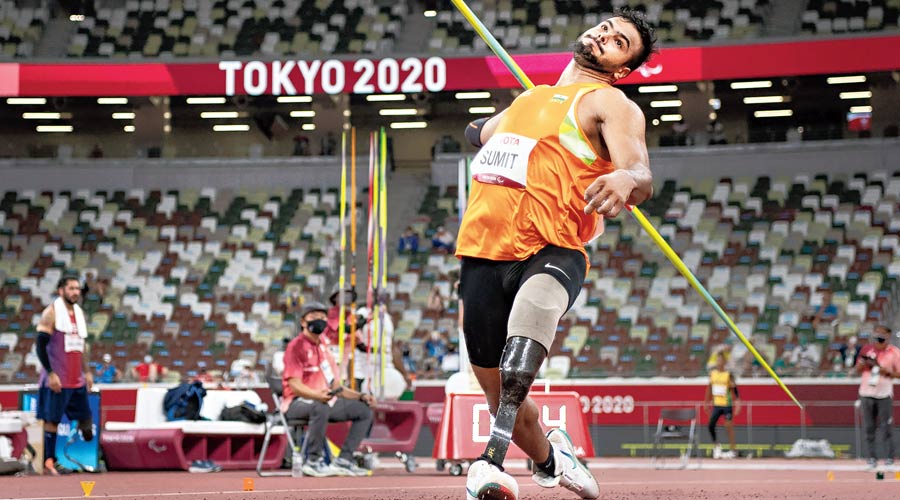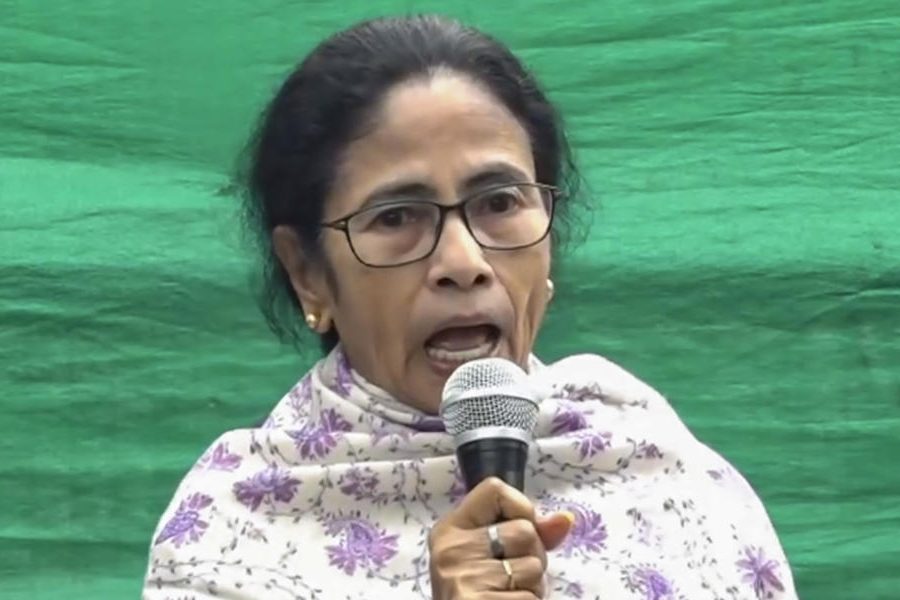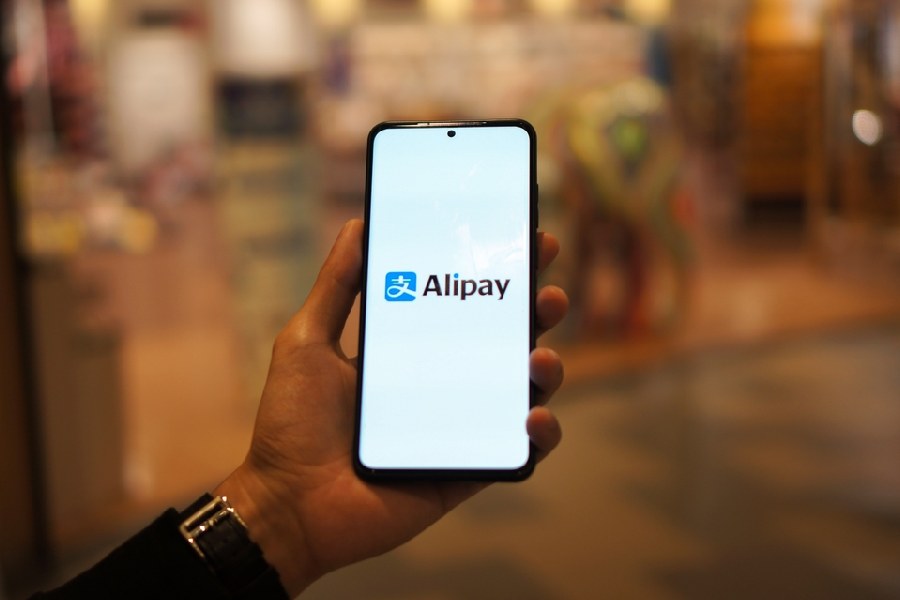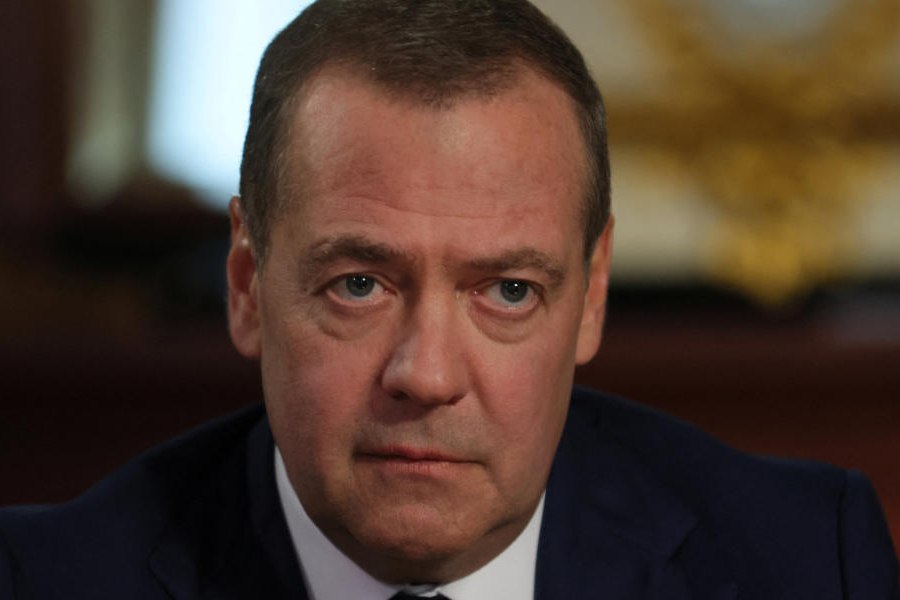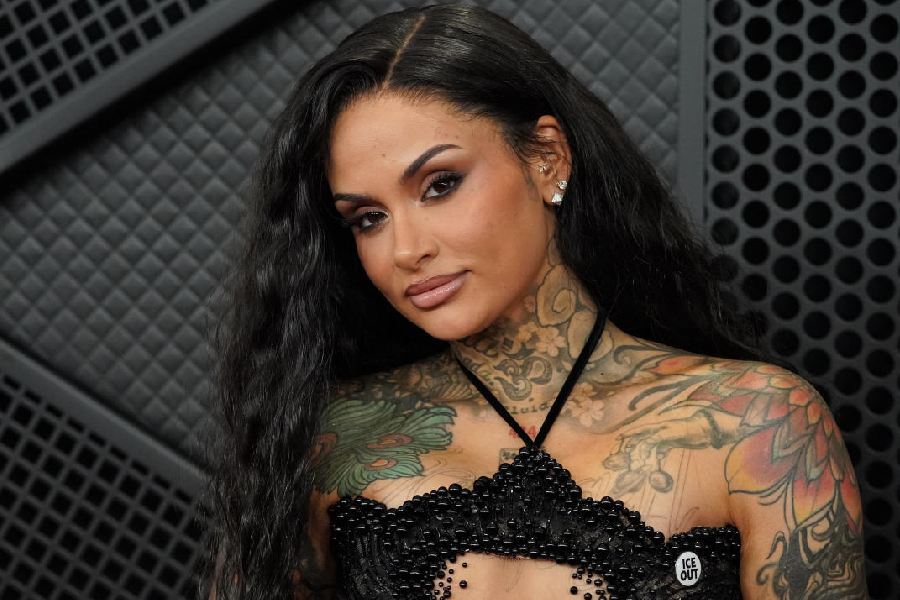Two Indian athletes have won gold medals in quick succession at javelin throw events in Tokyo. The first was Neeraj Chopra, who won the Olympic gold; the second is Sumit Antil, who won the coveted gold at the Paralympics event. Mr Antil is not the only Indian athlete to clinch a gold medal at the ongoing Paralympics; the Indian shooter, Avani Lekhara, brought the nation’s gold tally up to two at the women’s 10-metre air rifle standing SH1 event. She also became the first Indian woman to win gold at the Paralympics. The prime minister was profuse in his praise for India’s showing at the Tokyo Olympics and said that the momentum that India has gained in sports cannot stop. The scope of this momentum, however, ought to be extended to include Paralympians, who have consistently done the nation proud. In 2016, the Indian contingent at the Paralympics had a better tally than their fellow athletes at the Rio Games. And yet, the national broadcaster and private television networks did not cover the competition live, ostensibly on the grounds that the event would not garner enough viewership. Matters may have marginally improved five years on, owing to the advent of live streaming platforms for sports — and, once again, the Indian delegation of Paralympians continues to better the tally of Indian Olympians — but the tradition of rendering differently-abled athletes and citizens invisible continues.
While administrative support has been extended to some para-athletes — the high jumper, Sharad Kumar, has been training in Ukraine since 2017 under the government’s Target Olympic Podium Scheme — it has been inconsistent. The silver-winning discus athlete, Yogesh Kathuniya, said that he is still training without a coach. Is that because the prevalent mindset does not allow for reconciling the idea of athleticism with alternative forms of physical capacity? This could be why para-athletes are passed over in favour of their able-bodied counterparts for sports-related endorsements. Embedded prejudice and a dearth of inclusivity in terms of policies and opportunities are some of the main challenges for India’s differently-abled constituency. To eliminate such forms of exclusion, the disdain for physical infirmity must be tackled and the glory brought by Paralympians turned into capital to generate accommodation for the community.

